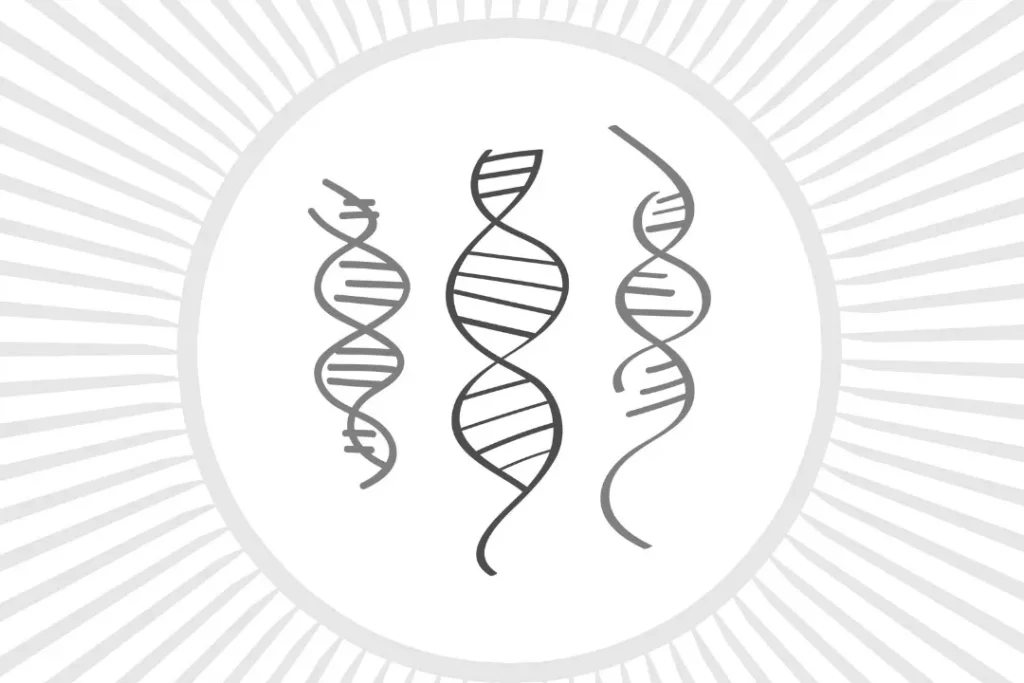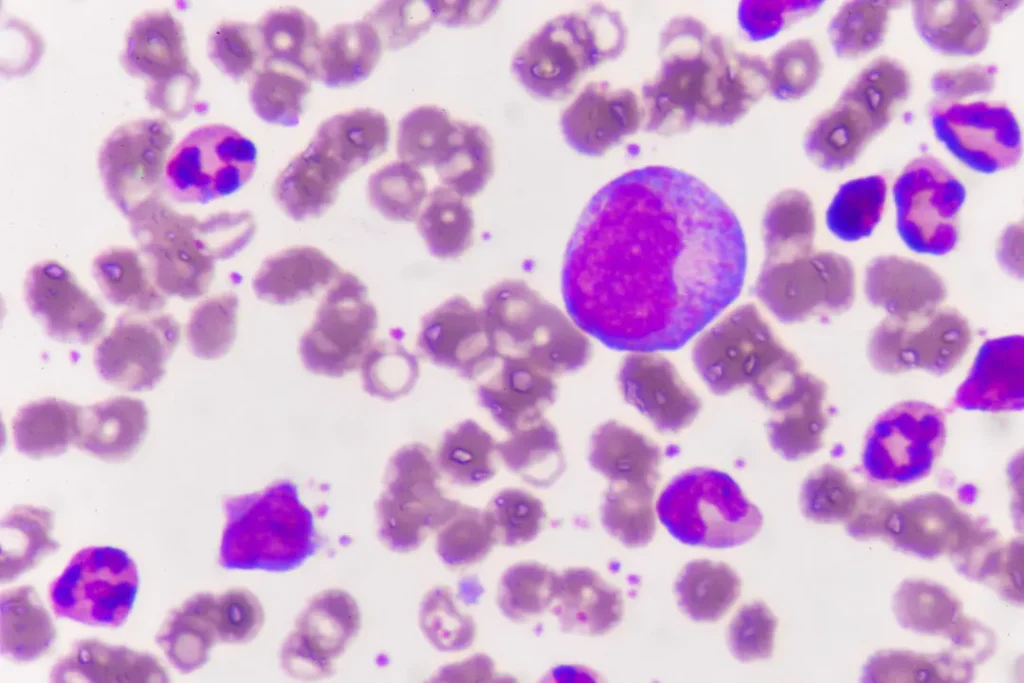The essential vitamin folic acid, sometimes known as “folate,” has significant effects on one’s health and happiness. Its crucial significance in several biological processes demonstrates how important it is to human physiology. Focusing on the foundations of its biochemical and physiological mechanisms, this article gives a thorough discussion of the fundamental nature, health advantages, ideal dosage, potential side effects, and probable drug interactions of folic acid.
You May Also Like:
5 Great Nootropic Herbs for Focus and Mental Clarity
5 Great Nootropic Herbs for Energy, Focus, and Productivity
Folic Acid: Benefits, Dosage, Side Effects, Drug Interactions, and Other Important Information is an original (NootropicsPlanet) article.
The Nature of Folic Acid
Pteroylmonoglutamic acid, usually referred to as folic acid, is a synthetic version of the B vitamin folate. Due to the synthetic counterpart’s chemical stability, nutritional supplements and food fortification employ it. Although they are frequently used interchangeably, folic acid and folate are not the same. Folate is a broad word for a collection of water-soluble b-vitamins, sometimes known as B9, that are present in food naturally, particularly in green vegetables, fruits, and legumes.
Para-aminobenzoic acid (PABA), a glutamate molecule, and a pteridine ring make up the complex molecule of folic acid. It is essential for biological activities including DNA synthesis and repair, methylation, and amino acid metabolism because it functions as a one-carbon donor.
Upon ingestion, folic acid is converted into tetrahydrofolate (THF) by the enzyme dihydrofolate reductase (DHFR). This conversion, necessary for the bioavailability of this nutrient, varies significantly among individuals. Sowhat does that means for you? It means that factors like you genetics, overall health, and age may influence how much folic acid you ought to ingest.

Health Benefits of Folic Acid
The importance of folic acid is seen in its varied functions in maintaining health. It is necessary during times of fast cell development, including pregnancy and infancy, as it is necessary for cellular division and DNA synthesis.
Due to its shown effectiveness in reducing baby neural tube defects (NTDs), folic acid supplementation is a cornerstone of prenatal treatment. Additionally, it is essential for the brain and spinal cord development of the child, lowering the chance of premature birth and low birth weight.
Adults who consume enough folic acid have a decreased chance of developing cardiovascular illnesses. It indirectly promotes heart health by helping to convert homocysteine, an amino acid linked to inflammation and heart disease, into methionine.

Chemistry of Folic Acid
The pteridine ring, para-aminobenzoic acid (PABA), and glutamate molecule combine to form the huge, complicated molecule that is folic acid. This composite structure plays a crucial function in the body as a source of “one-carbon” metabolic processes.
The chemical name of the substance, pteroylmonoglutamic acid, emphasizes how artificial it is. While folic acid demonstrates chemical stability, unlike naturally occurring folates in food, which are vulnerable to oxidation, it is a prime option for supplements and fortified foods.
Folic acid functions chemically as a coenzyme that transports single carbon atoms during essential physiological activities. These carbon units play a crucial role in the production of methionine from homocysteine, which is essential for cardiovascular health, as well as the construction of DNA and RNA.
Physiological Mechanisms of Action of Folic Acid
Folic acid’s physiological action starts in the gastrointestinal tract, where the enzyme dihydrofolate reductase (DHFR) transforms it first into dihydrofolate (DHF), then into tetrahydrofolate (THF). The vitamin’s active form, tetrahydrofolate, functions in the body as a one-carbon donor.
Purines and pyrimidines, the fundamental components of DNA and RNA, are synthesized by THF, which is one of its main functions. During times of fast cell growth and division, such as during pregnancy and infancy, this function is essential. Cell division can become hampered without enough folic acid, which can result in disorders like megaloblastic anemia, when the body generates unusually large, immature red blood cells.
Additionally, folic acid plays a role in homocysteine’s transformation into methionine when it is present in its active form. Folic acid helps control homocysteine levels in the body by assisting in its conversion, which has been related to an increased risk of cardiovascular illnesses.
The benefits of folic acid go beyond these physiological functions. It is believed to have a part in the production of neurotransmitters in the central nervous system, suggesting a potential involvement in mental and cognitive health. Research indicates that folic acid may have an impact on brain health by participating in methylation processes, which are crucial for neural function and integrity, however the specific mechanisms are yet unknown.

Optimal Dosage of Folic Acid
Depending on the individual’s age, sex, and stage of life, folic acid has different Recommended Dietary Allowances (RDA). The recommended daily allowance (RDA) for most individuals is 400 dietary folate equivalents (DFEs) or 400 mcg per day, while pregnant women should take 600 DFEs daily.
Recognizing the higher need during nursing, the RDA for lactating women is 500 micrograms. Depending on their age, children’s requirements range from 150 to 400 micrograms.
It’s vital to remember that folic acid from supplements and meals with added folic acid has a higher bioavailability than naturally occurring dietary folate. Therefore, 1.7 micrograms of DFEs are provided by 1 microgram of folic acid from a supplement eaten on an empty stomach.
Side Effects of Folic Acid
When taken properly, folic acid is often regarded as safe for the majority of people. However, excessive ingestion, especially via supplements, can result in several negative outcomes. High amounts of folic acid can conceal the presence of vitamin B12 deficiency and result in pernicious anemia, a kind of anemia. Overexcitation, sleep abnormalities, and digestive issues are among additional possible adverse effects.

Potential Substance Interactions With Folic Acid
It’s also important to think about drug interactions. Anticonvulsants, bile acid sequestrants, and methotrexate are a few drugs that can affect how well folic acid is absorbed or works. Folic acid delivery when taking these drugs may call for dosage modification and strict supervision.
Folic acid, on the other hand, may reduce the effectiveness of some cancer therapies since the vitamin supports the fast cell division of cancer cells. Therefore, you should speak with your doctor. before beginning a folic acid supplement program if you are receiving cancer therapy.
Responsible Use of Folic Acid
Understanding a person’s physiological needs, general health condition, and potential drug interactions is key to using folic acid responsibly. Due to the possible hazards of excessive ingestion, it is essential to consult healthcare specialists before beginning folic acid supplementation, especially at high dosages.
High-risk groups for deficiencies should pay extra attention to their folic acid consumption, including pregnant women, those with malabsorption disorders, and people using certain drugs.
A potent vitamin with a variety of health advantages is folic acid. But just like other nutrients, it works best as a part of a healthy, diverse diet. The greatest strategy for obtaining optimal health is a lifestyle that includes a nutrient-dense diet, consistent physical exercise, and an emphasis on prevention rather than just treatment.
Folic Acid:
Conclusion
Folic acid holds immense importance for our overall health and happiness.
From supporting DNA synthesis and cell division to promoting cardiovascular health and aiding in the development of the brain and spinal cord, folic acid proves to be a vital nutrient, particularly during pregnancy and infancy.
However, it’s vitally important to be mindful of the dosage you’re intaking as responsible use with any dietary supplement is key for contrilling side effects and any potential complications. By incorporating folic acid into a well-rounded diet and consulting healthcare professionals, you can reap its full potential for a healthier and happier life.
References:
- Folic Acid. Retrieved From: https://www.hsph.harvard.edu/nutritionsource/folic-acid/
- Folate, Folic Acid. Retrieved From: https://www.mayoclinic.org/drugs-supplements-folate/art-20364625
- Folic Acid. Retrieved From: https://www.cdc.gov/folic-acid/about/
Important Note: The information contained in this article is for general informational purposes only, and should not be construed as health or medical advice, nor is it intended to diagnose, prevent, treat, or cure any disease or health condition. Before embarking on any diet, fitness regimen, or program of nutritional supplementation, it is advisable to consult your healthcare professional in order to determine its safety and probable efficacy in terms of your individual state of health.
Regarding Nutritional Supplements Or Other Non-Prescription Health Products: If any nutritional supplements or other non-prescription health products are mentioned in the foregoing article, any claims or statements made about them have not been evaluated by the U.S. Food and Drug Administration, and such nutritional supplements or other health products are not intended to diagnose, treat, cure, or prevent any disease.


